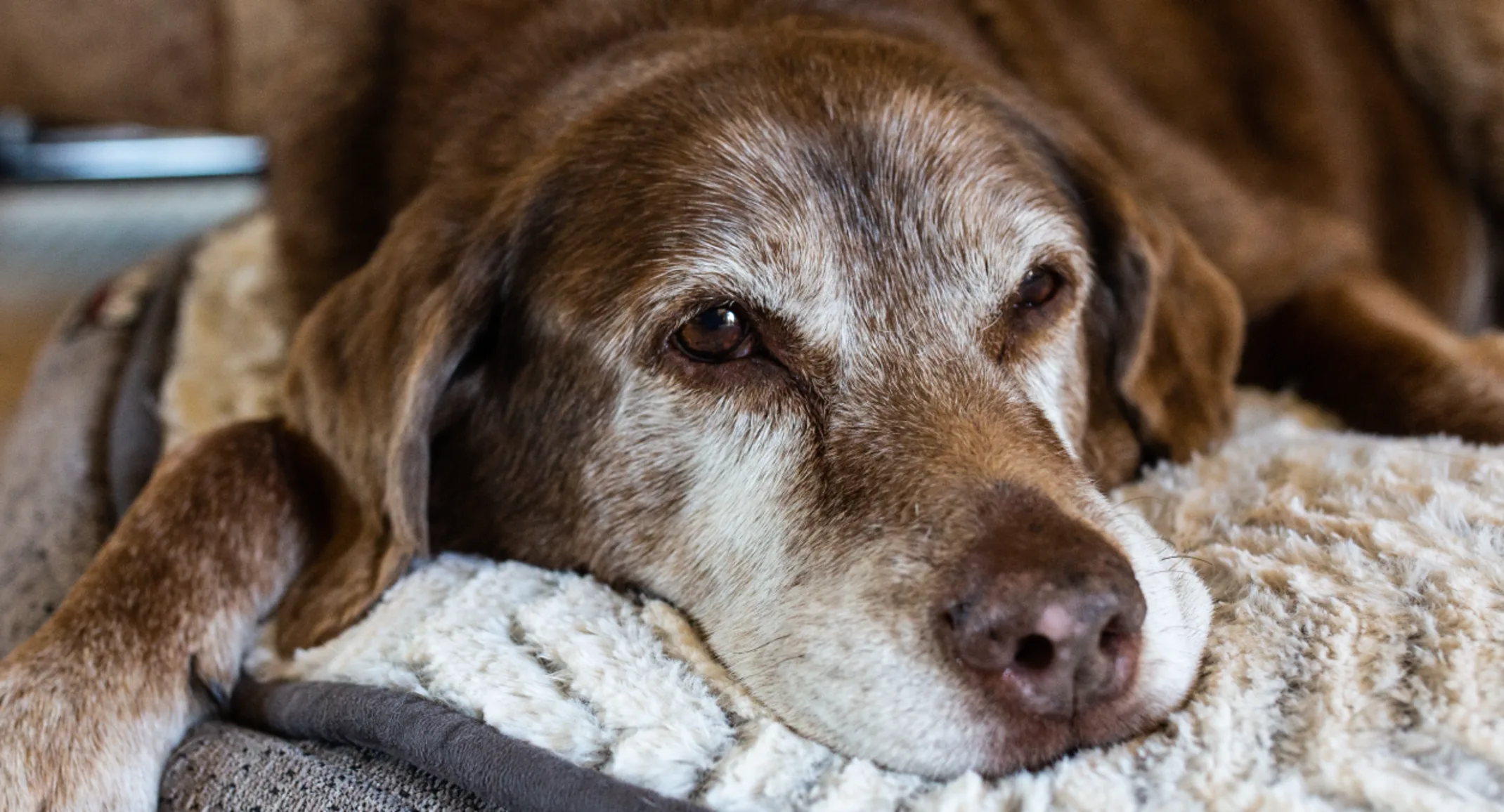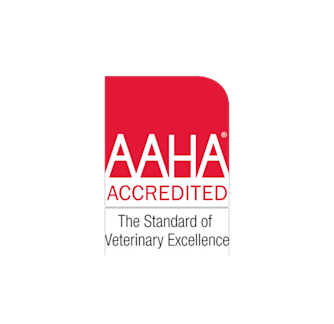The Golden Age: Supporting Your Senior Pet’s Health and Happiness
Senior Pet Health

Whether your furry friend has been with you from the start or joined your family later in their life, there will inevitably come a time when they are not as spry as they once were.
Perhaps you’ve noticed that your sweet kitty is having trouble jumping up to their food bowl or that their coat is beginning to lose its luster. Or maybe it’s become evident that your dear doggy isn’t able to walk quite as far while taking their daily constitutional, or you can’t help but notice that their muzzle is beginning to gray. Whatever the case, your pet is aging and that means their needs are changing.
Senior pet care can be an adjustment, but your veterinary team at Goldorado Animal Hospital is here to support you and your pet through this transition and well into their golden years.
When Does a Pet Become a Senior?
Generally speaking, your cat or dog will enter their senior years between 7-10 years of age, depending on species, breed, and size. However, age isn’t everything. Changes in behavior, coat appearance, and overall health cues are also indicators that your pet may be entering its senior years.
Considering that not all pet owners are 100% certain of their pet’s age, recognizing the signs of aging in pets is critical. Signs your pet is aging include:
Sleeping more than they used to
Stiffness in the joints, particularly when getting up and down from the floor or furniture, waking up after a sleep, etc.
Generally slowing down and not having as much endurance for long walks or playtime
For dogs, a graying coat, especially around the face and paws
For cats, a loss of luster and increased oiliness of the coat
A changing interest in food and treats
If you are noticing these markers, and your pet is in the senior zone, it’s likely their golden years have arrived.
The Importance of Veterinary Care for Your Senior Pet’s Health
Whether you are ready to accept your pet’s aging or not, you’ll want to double down on their veterinary care at this time.
Even if you’ve been a bit lax in your pet’s wellness visits up to this point (we know, it happens), this is the time to recommit. Your care team at Goldorado is here to help you and your pet through this life stage, not judge; so please don’t hesitate to bring your pet in, no matter how long it’s been.
Veterinary care is important for all senior pets, especially considering that they age at an accelerated pace, particularly when compared to people. Because of this, we strongly recommend that senior pets come in twice a year for their wellness exams.
These bi-annual check-ups will allow us to:
Better monitor your pet’s aging process, both physically and through diagnostic screenings
Detect and assist in any developing or pre-existing health concerns or
Offer supportive pain management and therapies, when and if needed
Monitor their and its effects on your pet’s immediate and systemic wellness
Offer tailored guidance on and exercise needs
Keep your pet protected from internal and external parasites and through adjusted vaccination requirements
Supporting Senior Pet Care at Home
Veterinary care is just part of the equation when it comes to your pet’s wellbeing. Equally as important, is you – your love, commitment, patience, and support are just as vital as the care we provide. While an increase in pets and belly rubs is always recommended, there are some adjustments you can make at home to make their life a little easier.
Be sure their favorite sleeping spots are easily accessible and extra cozy. Consider upgrading their bed to something more supportive and check that the spot is not too drafty
Create bright spots! Many pets, regardless of age, love to lounge in the sun. Be sure there are some cozy, sunny spots with a view so your pet can watch the passers-by, the birds, and the world in general.
Consider your pet’s access points in and out of the house and onto the sofa, your bed, or wherever they are allowed to be. Your pet may need steps or a ramp installed for easy (and pain-free) access.
Be mindful of how accessible your pet’s food and water bowls are, as well as the litter box. Dishes may have to move to floor level and you may need to adjust the type of litter box you’re using to accommodate your cat’s mobility. Also consider increasing the number of water bowls and litter boxes in your home, just in case…
Don’t skimp on exercise! Just because your pet’s energy and mobility has decreased doesn’t mean they shouldn’t get out and about. Exercise is good for the body as well as the mind. Adjust your playtimes and outings accordingly, but don’t let it fall off completely!
Giving your senior pet the love, veterinary care, and comfort they need is the most beautiful gift you can give your furry family member. Please know that we are here for you, too; don’t hesitate to reach out with any questions you might have, or to schedule a wellness exam for your aging pet.

